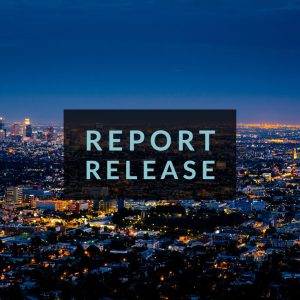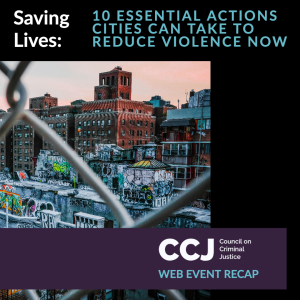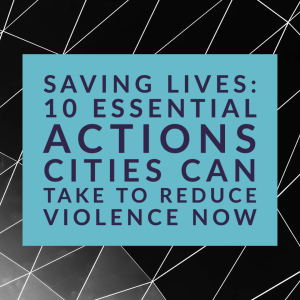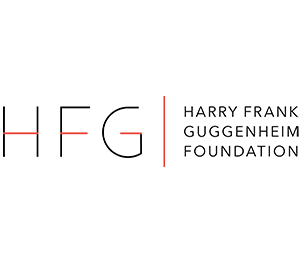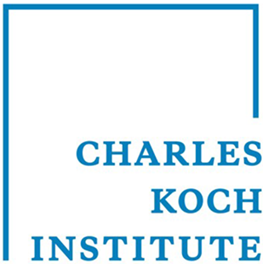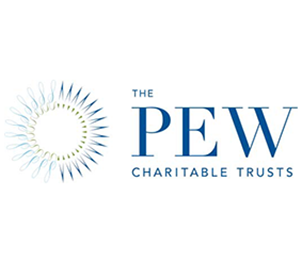Violent Crime Working Group
Violent crime, particularly homicide, rose rapidly in cities across the nation beginning early in the COVID-19 pandemic. Reports from the Council found a 30% surge in murders in 2020 compared to the previous year, and a 16% increase for the first half of 2021.
The rise in violence prompted policymakers and practitioners at all levels of government to redouble their search for solutions. In July 2021, CCJ responded by launching the Violent Crime Working Group. Composed of a diverse range of leaders representing community organizations, law enforcement, the public health sector, and academia, the Working Group dedicated itself to saving lives by producing anti-violence guidance that is timely, relevant, and reliable.
In its final report, the Group identified Ten Essential Actions that cities can take now to reduce community gun violence. The list highlights short-term measures that members believe are most likely to make the greatest immediate impact on violence. But Group members cautioned that these actions are not a substitute for longer-term strategies and investments that can address poverty, inequality, racism, and other underlying systemic causes of crime and violence.
Multiple jurisdictions have used the Ten Essential Actions as a framework for their violence reduction efforts. And in December 2023, the U.S. Department of Justice released a “Violent Crime Reduction Roadmap” based explicitly on the blueprint, noting “the breadth of experience of the working group and the widespread uptake of its final report.” Jurisdictions interested in training and technical assistance with implementation of the roadmap can access resources here.
our work
Working Group Members
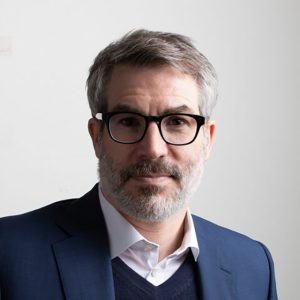
Thomas Abt (chair)
Senior Fellow, Council on Criminal Justice
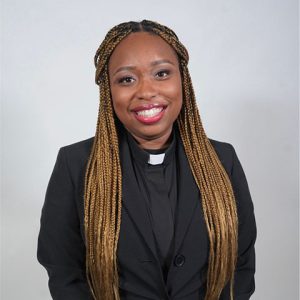
Ciera Bates-Chamberlain
Executive Director, Live Free Illinois
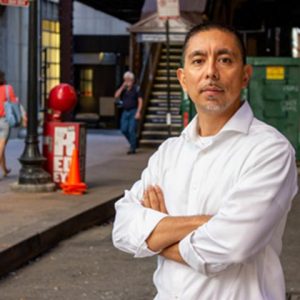
Eduardo Bocanegra
Executive Director, Live Free Illinois
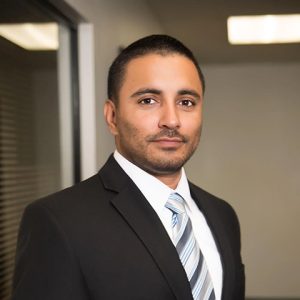
Paul Carrillo
Director, Community Violence Initiative, Giffords Law Center
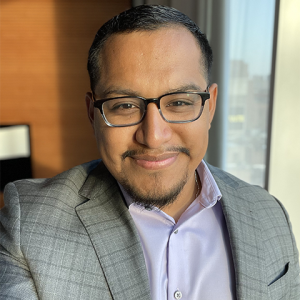
Hernán Carvente-Martinez
Founder and CEO, Healing Ninjas, Inc.
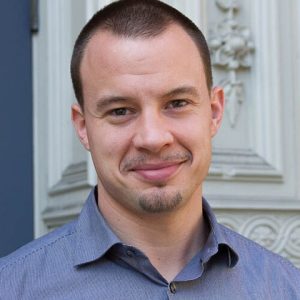
Vaughn Crandall
Co-Director, California Partnership for Safe Communities

Linda Harllee Harper
Director, Gun Violence Prevention, Washington, D.C.
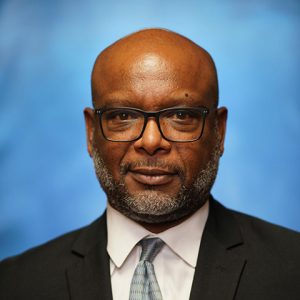
Daniel Isom
Director of Public Safety, City of St. Louis
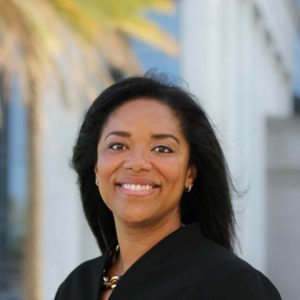
London Kite
Judge, Florida 4th Circuit Court
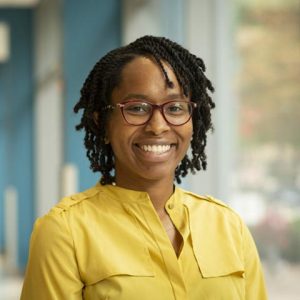
Ajima Olaghere
Assistant Professor, Criminal Justice, Temple University
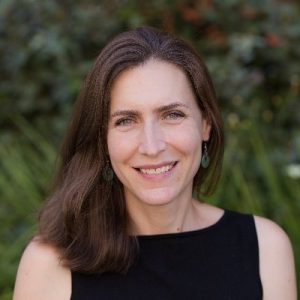
Emily Owens
Professor, Dept. of Criminology, Law, and Society University of California-Irvine

Alexis Piquero
Chair, Dept. of Sociology, University of Miami

Jason Potts
Captain, Vallejo Police Department
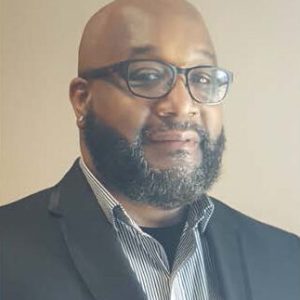
Chico Tillmon
Senior Research Fellow, University of Chicago Crime and Education Labs
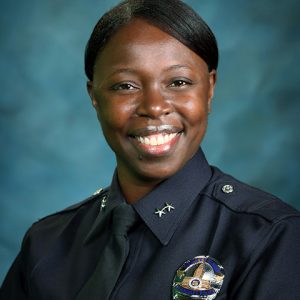
Emada Tingirides
Deputy Chief, Los Angeles Police Department
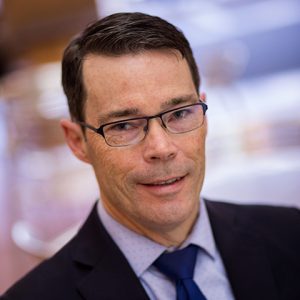
Daniel Webster
Bloomberg Professor of American Health, Johns Hopkins Bloomberg School of Public Health
Related CCJ Work
- Event Recap: Reducing Violence, Restoring Confidence (May 2021)
- Impact Report: COVID-19 and Crime (May 2021)
- Reports: CCJ Task Force on Policing (May 2021)
- Event Recap: Stopping Violence and Saving Lives (February 2021)
- Impact Report: COVID-19 and Crime (January 2021)
- Federal Priorities Task Force Recommendation: Evidence-Based Strategies for High-Violence Cities (May 2020)
- Event Recap: Bleeding Out: Strategies to Reduce Violence (July 2019)
Supporters
Support for this initiative comes from the Charles Koch Institute, The Harry Frank Guggenheim Foundation, the John D. and Catherine T. MacArthur Foundation, Microsoft, The Pew Charitable Trusts, as well as CCJ’s general operating contributors.

